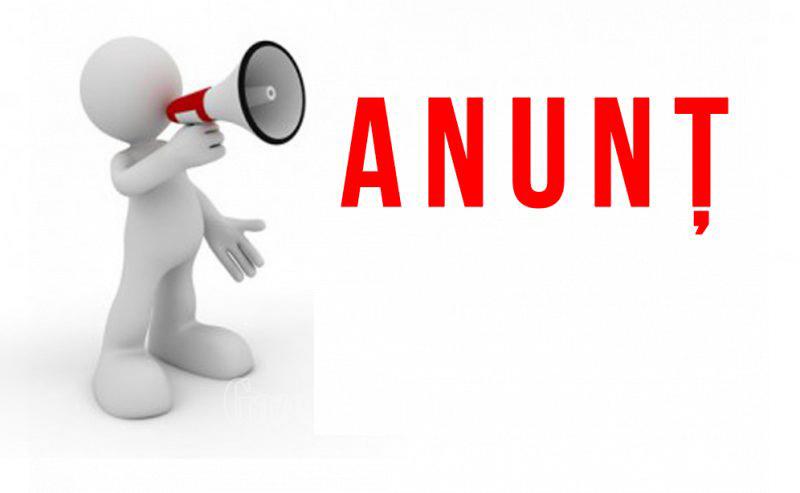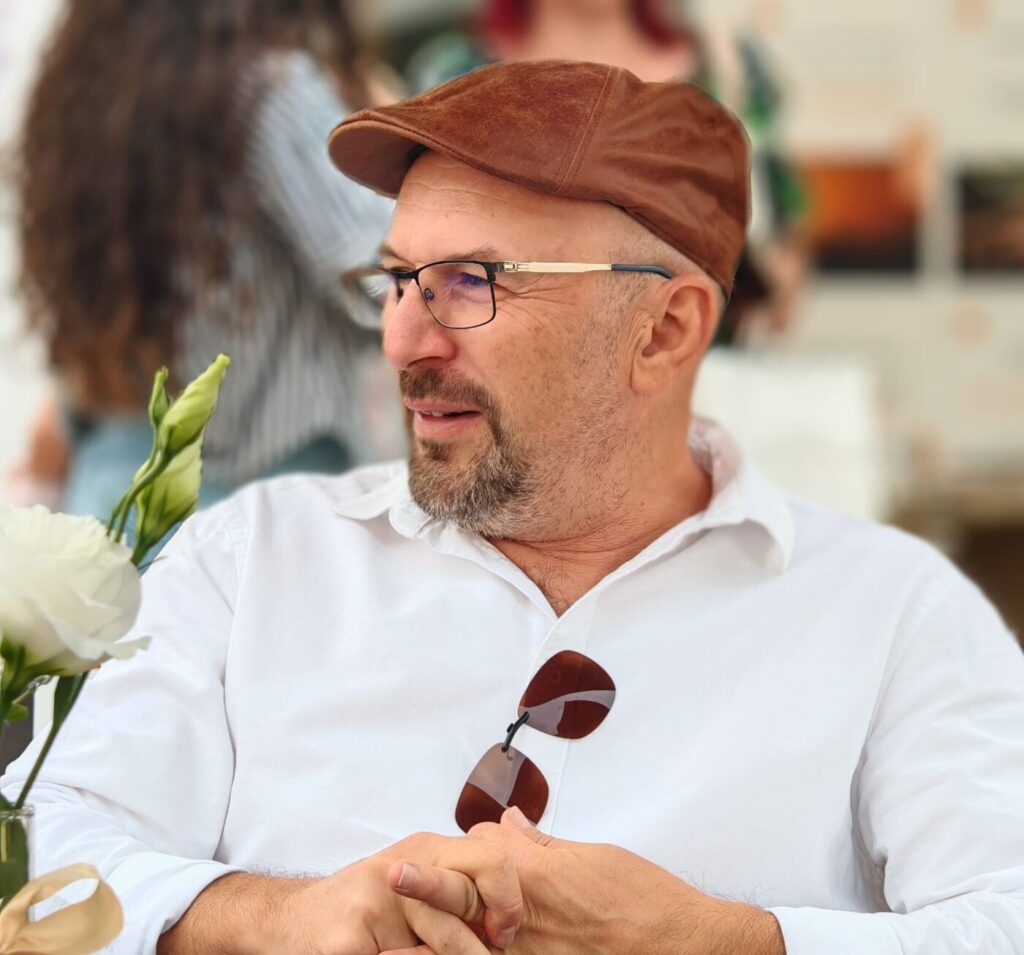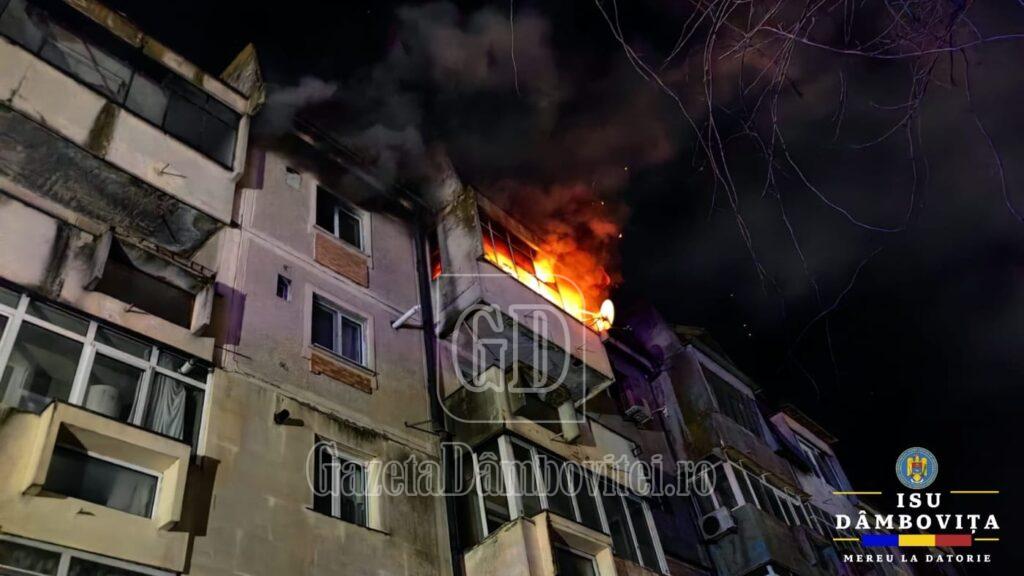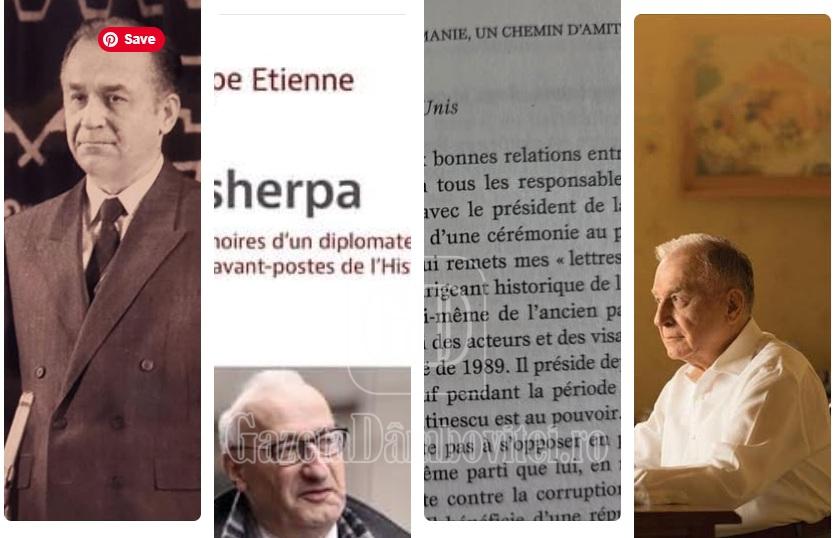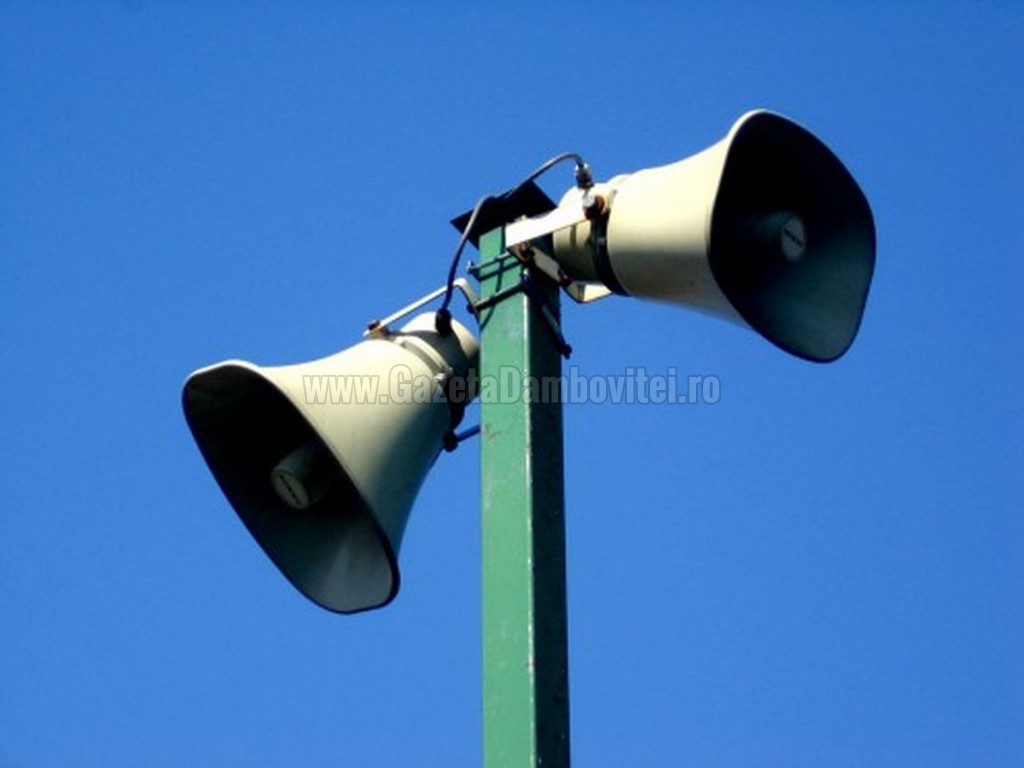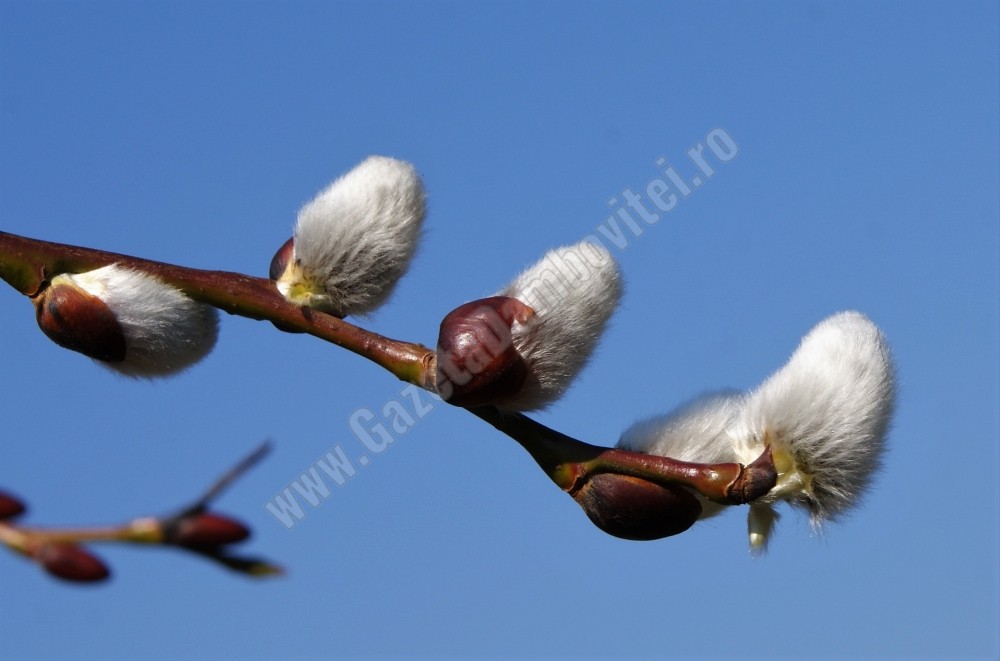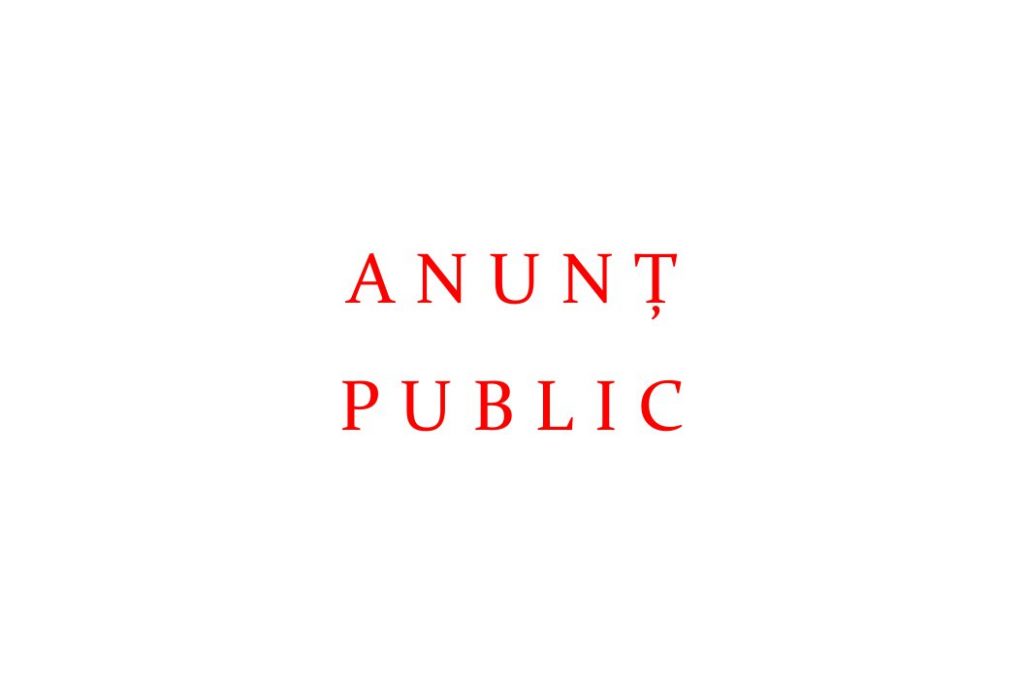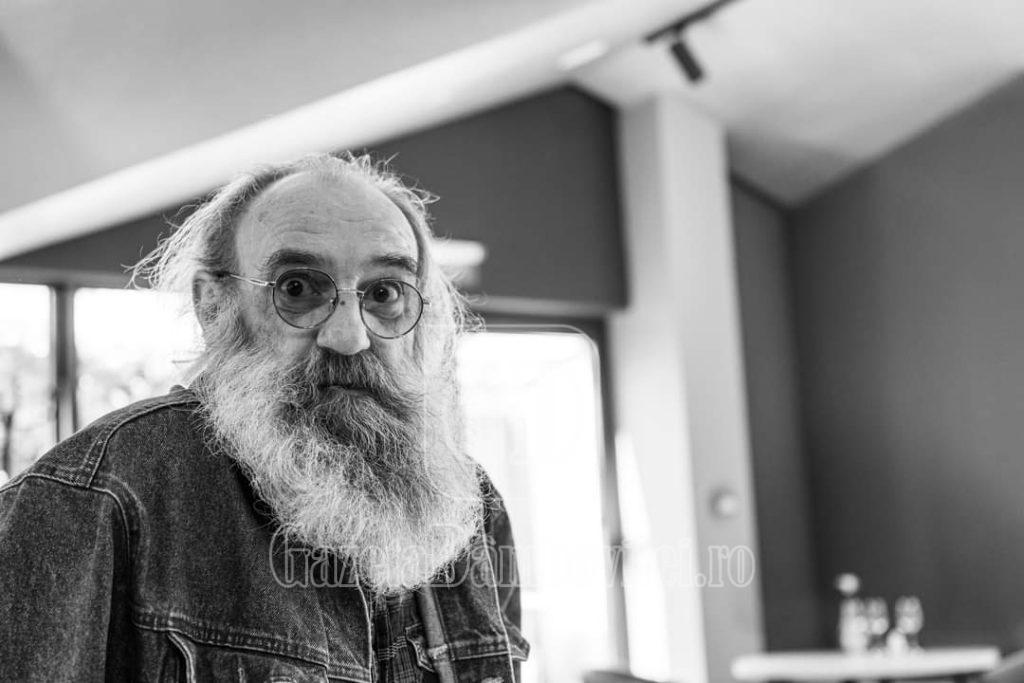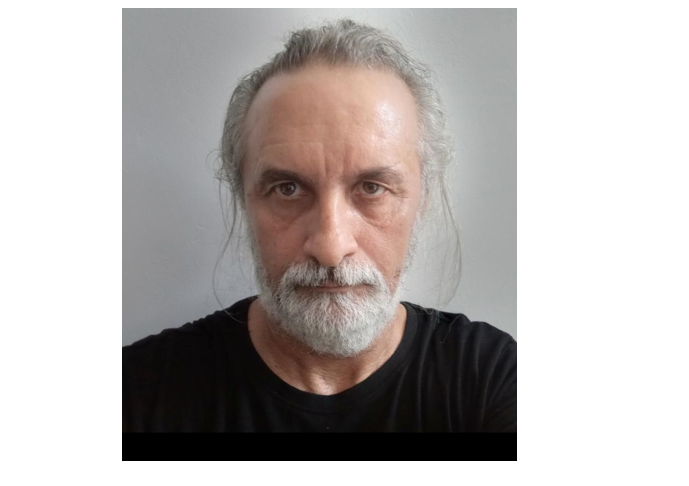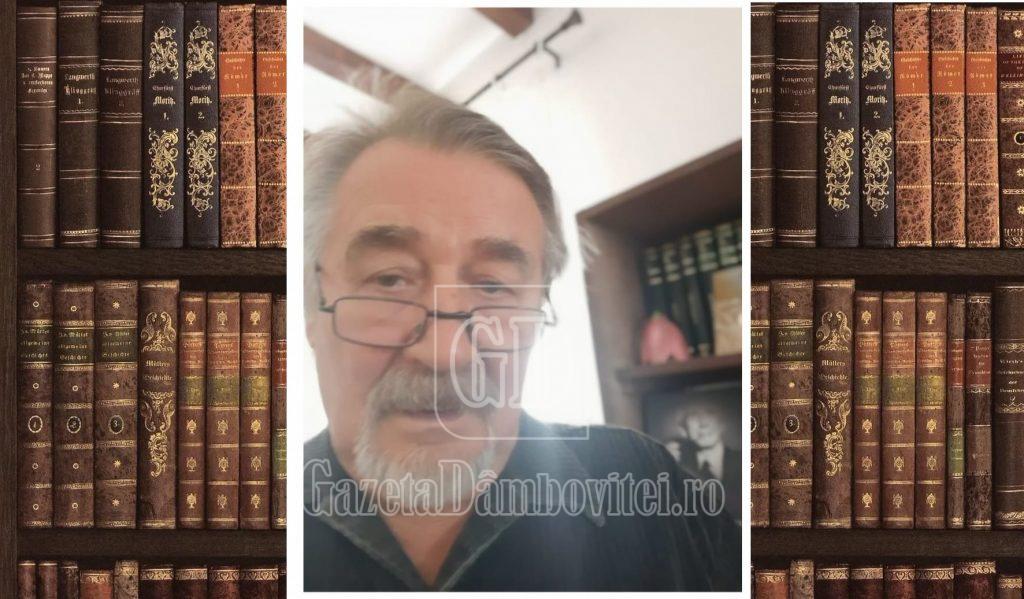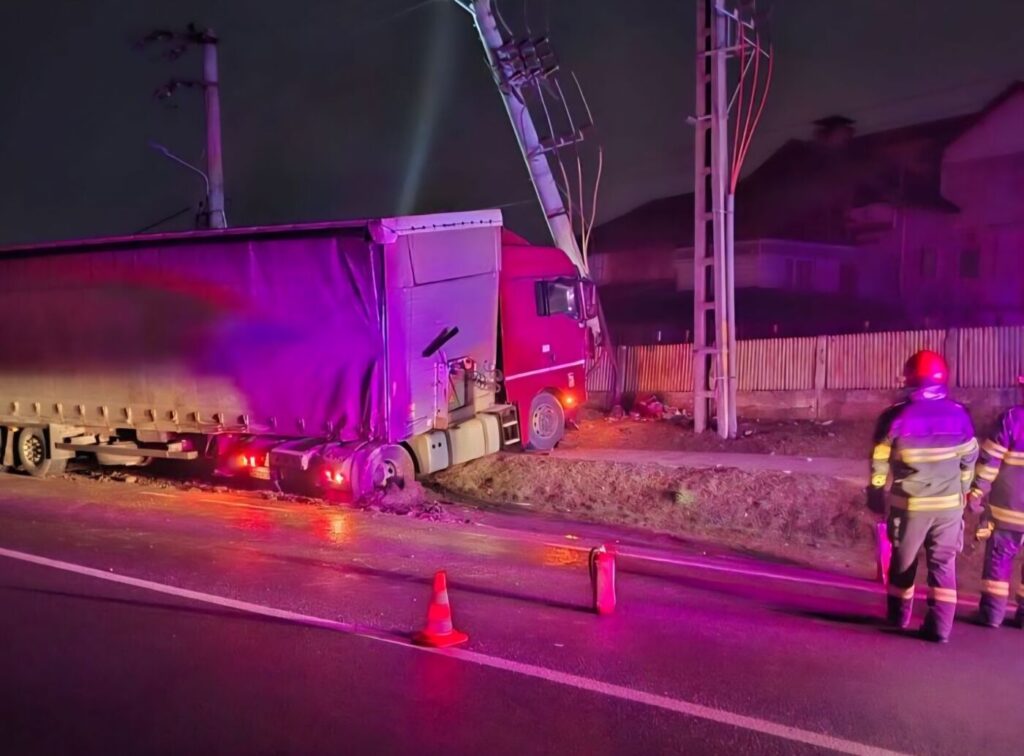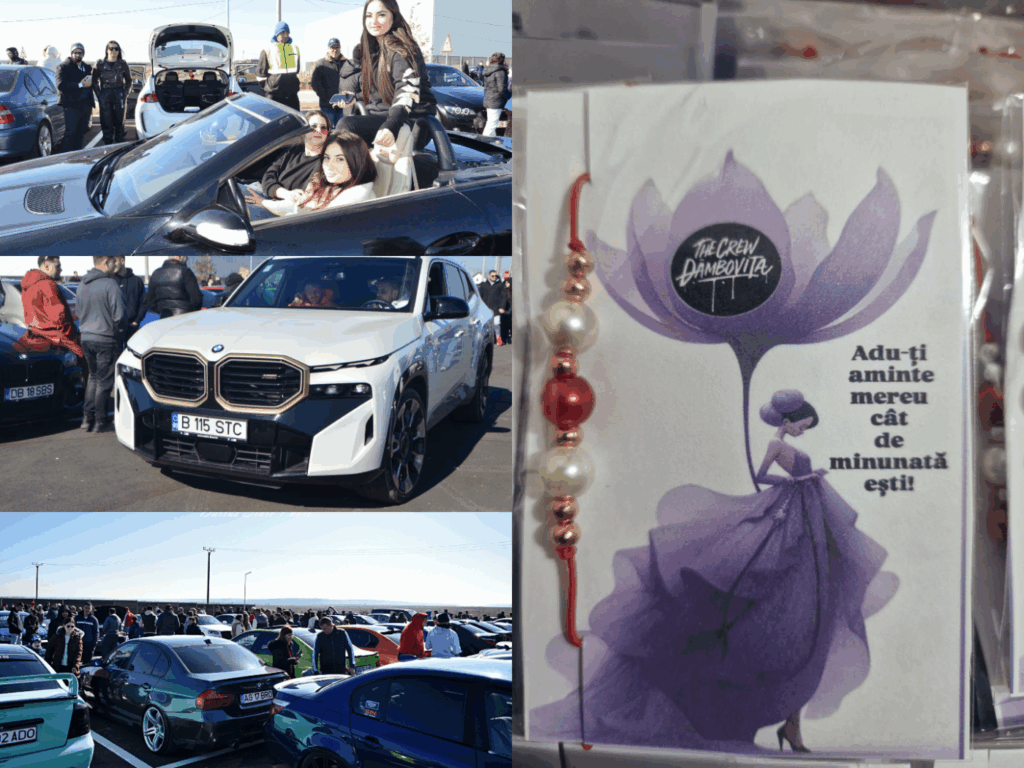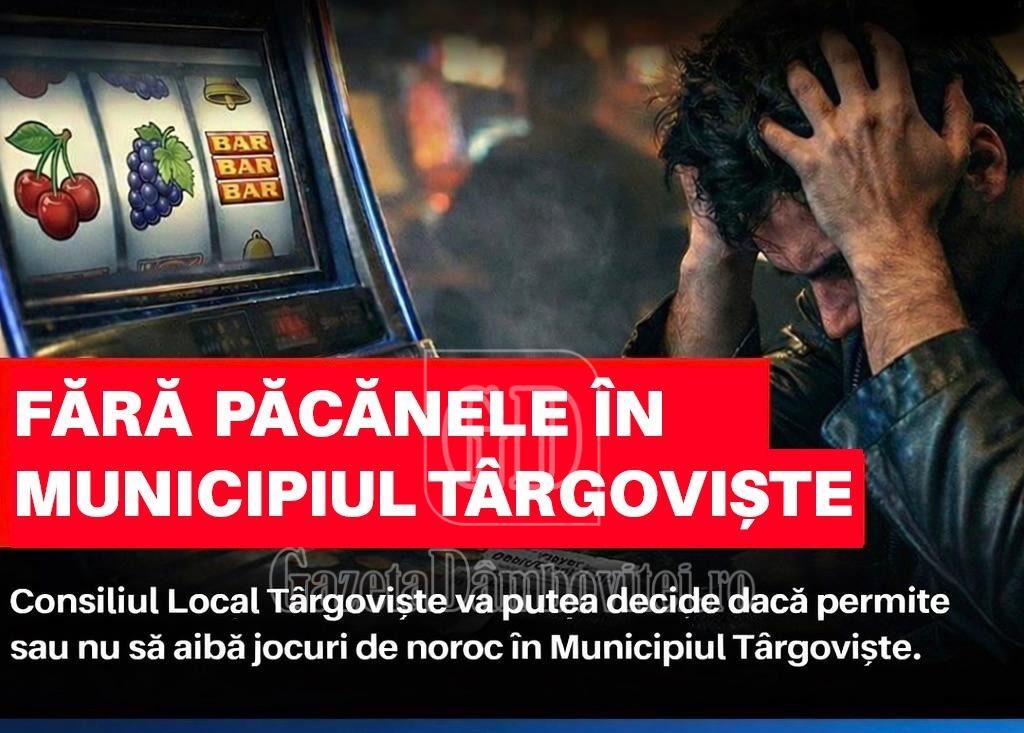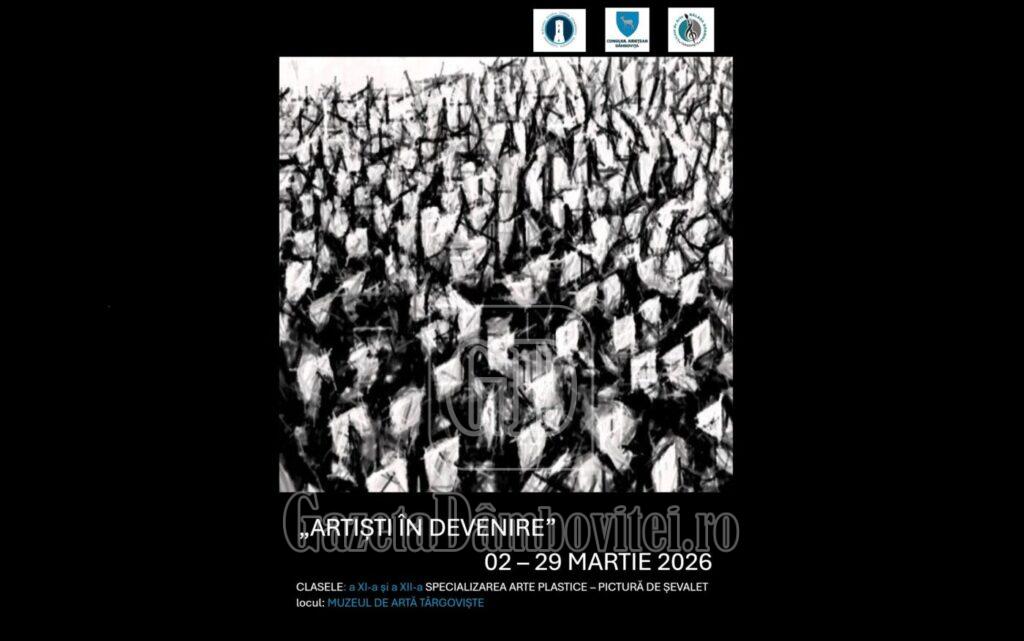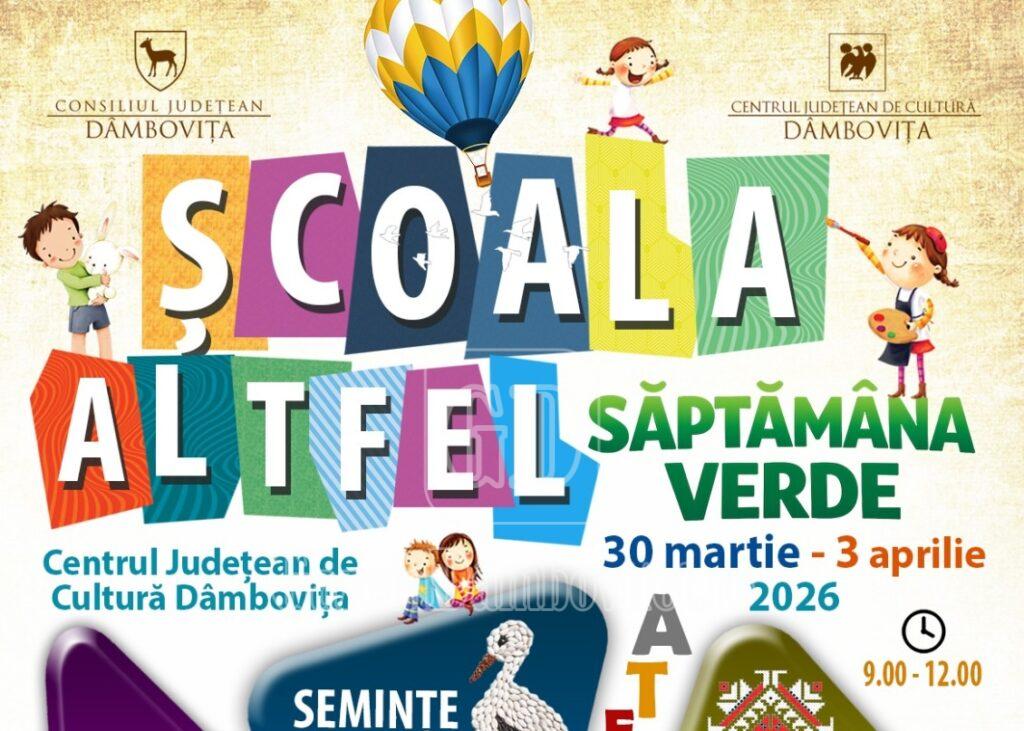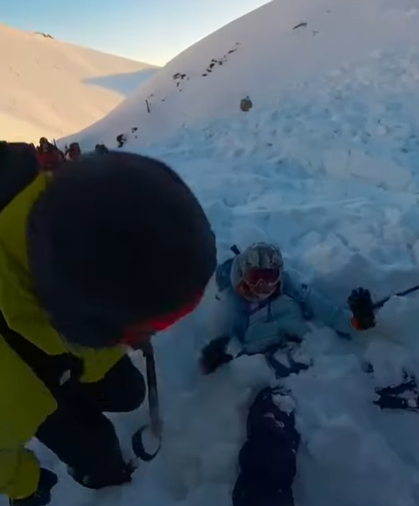- Jean Valjean, Conu Jean și Victor Hugo
Repet, înțeleg distincția dintre etic și estetic. O respect cu tot ce decurge din ea într-o dezbatere serioasă despre opera și viața unui creator. Totuși, am o întrebare pentru cei care invocă în discuția despre Eugen Barbu numele unor mari scriitori plini de păcate extraliterare: care dintre scriitorii respectivi (Louis-Ferdinand Céline, Pierre Drieu La Rochelle, Ezra Pound, Giovanni Papini, Gabrielle D’Annunzio etc.) s-a pretat la furt? Căci plagiatul asta este – furt intelectual. Pentru mine, imaginea de mare scriitor care se pretează la furt literar este aberantă, o contradicție în termeni. Și-apoi, furtul în literatură decredibilizează doar eticul sau și valoarea esteticului?
Sunt oameni care spun: „Cartea asta mi-a schimbat viața.” Fireșete, în bine. Poate fi adevărat. Sunt oameni care spun că o turnătorie sau o campanie murdară împotriva lor dusă împreună cu Securitatea le-a schimbat viața. Firește, în rău. Și asta poate fi adevărat. Măsurând impactul literaturii autohtone asupra societății la 35 de ani de la „Loviluție” (vorba lui Luca Pițu), cartea lui Eugen Barbu care și-a pus pecetea pe etosul românesc pare să fie lungul roman-foileton „Corneliu Vadim Tudor”. Cele mai importante personaje ale literaturii lui Eugen Barbu rămân pretorienii din leaturi diferite, începând cu un Marian Popa și ajungând la alde Dan Ciachir, Artur Silvestri, Dumitru Stancu, Constantin Sorescu, ejusdem farinae. Printre scenele de neuitat ale marelui roman – Eugen Barbu și „Tribunul”, personajul principal al romanului său, plângându-se generalului Iulian Vlad, Șeful Securității, că instituția sa e prea tolerantă cu scriitorii care nu iubesc partidul, că e inadmisibil ca unii dintre ei să se mai afle încă în cadrul unor publicații, ba chiar să le mai și conducă… (https://www.hotnews.ro/stiri-arhiva-1167289-vadim-tudor…)
Căutând în datele unor comisii electorale puteți afla numărul impresionant al celor cărora romanul-foileton „Corneliu Vadim Tudor” le-a schimbat viața, i-a făcut, cum se spune, oameni, i-a ajutat să-și găsească și să-și consolideze Weltanschauungul. E vorba de cei care l-au trimis pe Vadim Tudor nu doar în Parlamentul României, ci și în Parlamentul European, ba chiar și de cei care i-au acordat Steaua României. Există mai multă contribuție (adaug tautologica „personală”) a lui Eugen Barbu în „Șoșoacă și ai ei”, epopeea social-politică a zilei, decât în paginile unor cărți ca „Incognito”, „Principele” și altele. Azi, dezbaterea din jurul lui Eugen Barbu devine, încă o dată, „palpitantă”. Pentru unii, plagiatorul este un fel de Jean Valjean, suflet mare, neînțeles și nedreptățit de inflexibilul polițist Javert. Și, dacă Javert s-a sinucis aruncându-se în Sena, realizând că Valjean îi este superior în anumite privințe, ei s-ar cuveni să se sinucidă aruncându-se în Dâmbovița sau în altă apă ce le trece pe sub geam, asta pentru a nu mai suna la un număr de telefon la care se duc discuții numai despre „cărți de viață lungă” și numai între „adevărații Arnoteni” ai piramidei literar-culturale. Hai să fim serioși: Conu Jean n-a fost nici Jean Valjean, nici Victor Hugo.
P.S. O lectură necesară: https://www.observatorcultural.ro/articol/un-anti-model/
- Viața, moartea, cocorii
Reiau mai jos un text publicat în revista România literară, nr 17.2021, gândindu-mă că nebunia războaielor nu va înceta niciodată, oricât de mulți cocori albi vor continua să se înalțe la cer.George Santayana avea dreptate: „Numai morții au văzut sfârșitul războiului.”
În ziua de 6 august 1945, când Hiroșima a fost răvășită de explozia primei bombe atomice lansate de americani, Sadako Sasaki avea doi ani și jumătate. Victimă a iradierii, murea peste zece ani, răpusă de leucemie. În 1958, în Parcul Păcii din Hiroșima, era dezvelită o statuie dedicată copiilor, victime inocente ale atacului nuclear. În vârful statuii este imortalizată Sadako. Ține deasupra capului un cocor de metal. Sadako a crezut în legenda care spune că, dacă un bolnav reușește să facă o mie de cocori de hârtie (orizuru), divinitatea îl va ajuta să se însănătoșească. A făcut peste 1.300 de cocori de hârtie, dar miracolul nu s-a petrecut. După ce a vizitat Parcul Memorial din Hiroșima, Rasul Gamzatov, poet din Daghestan, a scris în limba munților (avara) un poem intitulat Cocorii. Tradus în 1968 în limba rusă de Naum Grebnev, poemul a fost publicat în Novyi Mir. Mark Bernes, actor și cântăreț celebru, considerat un fel de Frank Sinatra al rușilor, a fost impresionat de poem. A schimbat câteva versuri, apoi l-a rugat pe Yan Frenkel să compună o melodie. Așa s-a născut cântecul. Când l-a ascultat prima oară, Barnes a izbucnit în plâns. Avea să imprime Cocorii în ziua de 9 iulie 1969. Murea peste cinci săptămâni, la 16 august, răpus de un cancer pulmonar.
În anul 2000, Dmitri Hvorostovski lansează versiunea proprie a Cocorilor. Succesul este uriaș, pe măsura faimei fenomenalului bariton despre a cărui voce Renée Fleming spune că este cea mai frumoasă dintre vocile celebre. Există multe imprimări video ale Cocorilor filmate în concertele lui Hvorostovski, dar niciuna nu este mai tulburătoare decât cea realizată pe când artistul aflase că nu mai are mult de trăit. Dacă aș fi fost întrebat cum îmi închipuiam un exemplar uman indestructibil, n-aș fi avut nicio ezitare să-l numesc pe „Dima” – atletul superb, „tigrul alb siberian”, bărbatul „cu chipul lui Nuriev și vocea lui Dumnezeu”. În plină glorie, la 53 de ani, este lovit de un cancer pe creier. Se stinge peste doi ani, la Londra. Cu puțin înainte de moarte își face o apariție senzațională pe scena Metropolitanului din New York. Sala și presa sunt în delir. Cum părăsim această lume poate să spună despre noi la fel de mult ca felul în care am trecut prin viață. Și Hvorostovski nu a dorit să plece ca un învins.
Versurile Cocorilor vorbesc despre credința naratorului că soldații căzuți n-au putrezit pe câmpul de luptă. Ei s-au transformat în cocori albi. Într-o aliniere perfectă, șirurile lor se pierd în zare. Dar există, mereu, un loc gol în șirul de cocori. Naratorul își închipuie că e locul său. Îl va ocupa, când îi va veni rândul. De sus, îndepărtându-se, va rosti în noua sa limbă numele celor dragi, rămași pe pământ. Nicio grabă. Ineluctabilul nu se grăbește. Moartea nu s-a eschivat niciodată de la întâlnirea cu cineva, dar momentul întâlnirii este stabilit doar de ea. Chiar și atunci când degetul de pe trăgaci este al tău. Așa cum tema muzicală a Larei din Doctor Jivago nu mai este doar a Larei, așa cum dansul lui Zorba și al partenerului său de „afaceri” nu mai este doar al lor, Cocorii nu mai sunt, de mult, doar soldații căzuți. Ascultând melodia lui Maurice Jarre o anexăm chipurilor lui Julie Christie și Omar Sharif. Ascultând sirtakiul lui Zorba îl asimilăm chipurilor lui Anthony Quinn și Alan Bates. Pentru mine, Cocorii cheamă chipul lui „Dima”. Astfel de imagini le datorăm ochiului de dinafară. Îl închidem dintr-un motiv sau altul. „Dară ochiu-nchis afară, înlăuntru se deșteaptă”, ne spune poetul. Acel ochi ne ajută să vedem altfel, în alte dimensiuni, poate chiar altceva. De la particular la universal trecerea nu o face decât genialitatea. Și doar simplitatea este genială. În vreme ce formulele sofisticate caută, genialitatea găsește. În 1957, Zboară cocorii era primul film care spărgea tiparele staliniste despre eroismul soldaților. Narațiunea curgea altfel. De-atunci, și Tatiana Samoilova, și Aleksei Batalov, și Dmitri Hvorostovski și-au luat zborul.
P.S. (2024) În imprimarea video, Hvorostovski cântă Cocorii albi alături de corul Armatei Ruse. Dirijor este Constantine Orbelian, născut la San Francisco, nepotul marelui compozitor armean Konstantin Orbelian. In ziua de 25 decembrie 2016, avionul Tupolev TU-154 in care se aflau membrii corului s-a prăbușit în Marea Neagră. Toți cei 62 de coriștii au pierit. Hvorsostovski, a cărui biografie este un roman, murea peste mai puțin de un an, în ziua de 22 noiembrie 2017. În ziua de 24 februarie 2022, Putin declanșa „operațiunea militară specială” împotriva Ucrainei.
3.O cale
Oricâte ai încerca, până la urmă trebuie să alegi una singură. Iată un fragment din cea aleasă de Walt Whitman.
Song of the Open Road
By Walt Whitman
1
Afoot and light-hearted I take to the open road,
Healthy, free, the world before me,
The long brown path before me leading wherever I choose.
Henceforth I ask not good-fortune, I myself am good-fortune,
Henceforth I whimper no more, postpone no more, need nothing,
Done with indoor complaints, libraries, querulous criticisms,
Strong and content I travel the open road.
The earth, that is sufficient,
I do not want the constellations any nearer,
I know they are very well where they are,
I know they suffice for those who belong to them.
(Still here I carry my old delicious burdens,
I carry them, men and women, I carry them with me wherever I go,
I swear it is impossible for me to get rid of them,
I am fill’d with them, and I will fill them in return.)
2
You road I enter upon and look around, I believe you are not all that is here,
I believe that much unseen is also here.
Here the profound lesson of reception, nor preference nor denial,
The black with his woolly head, the felon, the diseas’d, the illiterate person, are not denied;
The birth, the hasting after the physician, the beggar’s tramp, the drunkard’s stagger, the laughing party of mechanics,
The escaped youth, the rich person’s carriage, the fop, the eloping couple,
The early market-man, the hearse, the moving of furniture into the town, the return back from the town,
They pass, I also pass, any thing passes, none can be interdicted,
None but are accepted, none but shall be dear to me.
3
You air that serves me with breath to speak!
You objects that call from diffusion my meanings and give them shape!
You light that wraps me and all things in delicate equable showers!
You paths worn in the irregular hollows by the roadsides!
I believe you are latent with unseen existences, you are so dear to me.
You flagg’d walks of the cities! you strong curbs at the edges!
You ferries! you planks and posts of wharves! you timber-lined sides! you distant ships!
You rows of houses! you window-pierc’d façades! you roofs!
You porches and entrances! you copings and iron guards!
You windows whose transparent shells might expose so much!
You doors and ascending steps! you arches!
You gray stones of interminable pavements! you trodden crossings!
From all that has touch’d you I believe you have imparted to yourselves, and now would impart the same secretly to me,
From the living and the dead you have peopled your impassive surfaces, and the spirits thereof would be evident and amicable with me.
4
The earth expanding right hand and left hand,
The picture alive, every part in its best light,
The music falling in where it is wanted, and stopping where it is not wanted,
The cheerful voice of the public road, the gay fresh sentiment of the road.
O highway I travel, do you say to me Do not leave me?
Do you say Venture not—if you leave me you are lost?
Do you say I am already prepared, I am well-beaten and undenied, adhere to me?
O public road, I say back I am not afraid to leave you, yet I love you,
You express me better than I can express myself,
You shall be more to me than my poem.
I think heroic deeds were all conceiv’d in the open air, and all free poems also,
I think I could stop here myself and do miracles,
I think whatever I shall meet on the road I shall like, and whoever beholds me shall like me,
I think whoever I see must be happy.
5
From this hour I ordain myself loos’d of limits and imaginary lines,
Going where I list, my own master total and absolute,
Listening to others, considering well what they say,
Pausing, searching, receiving, contemplating,
Gently,but with undeniable will, divesting myself of the holds that would hold me.
I inhale great draughts of space,
The east and the west are mine, and the north and the south are mine.
I am larger, better than I thought,
I did not know I held so much goodness.
All seems beautiful to me,
I can repeat over to men and women You have done such good to me I would do the same to you,
I will recruit for myself and you as I go,
I will scatter myself among men and women as I go,
I will toss a new gladness and roughness among them,
Whoever denies me it shall not trouble me,
Whoever accepts me he or she shall be blessed and shall bless me.
6
Now if a thousand perfect men were to appear it would not amaze me,
Now if a thousand beautiful forms of women appear’d it would not astonish me.
Now I see the secret of the making of the best persons,
It is to grow in the open air and to eat and sleep with the earth.
Here a great personal deed has room,
(Such a deed seizes upon the hearts of the whole race of men,
Its effusion of strength and will overwhelms law and mocks all authority and all argument against it.)
Here is the test of wisdom,
Wisdom is not finally tested in schools,
Wisdom cannot be pass’d from one having it to another not having it,
Wisdom is of the soul, is not susceptible of proof, is its own proof,
Applies to all stages and objects and qualities and is content,
Is the certainty of the reality and immortality of things, and the excellence of things;
Something there is in the float of the sight of things that provokes it out of the soul.
Now I re-examine philosophies and religions,
They may prove well in lecture-rooms, yet not prove at all under the spacious clouds and along the landscape and flowing currents.
Here is realization,
Here is a man tallied—he realizes here what he has in him,
The past, the future, majesty, love—if they are vacant of you, you are vacant of them.
Only the kernel of every object nourishes;
Where is he who tears off the husks for you and me?
Where is he that undoes stratagems and envelopes for you and me?
Here is adhesiveness, it is not previously fashion’d, it is apropos;
Do you know what it is as you pass to be loved by strangers?
Do you know the talk of those turning eye-balls?
7
Here is the efflux of the soul,
The efflux of the soul comes from within through embower’d gates, ever provoking questions,
These yearnings why are they? these thoughts in the darkness why are they?
Why are there men and women that while they are nigh me the sunlight expands my blood?
Why when they leave me do my pennants of joy sink flat and lank?
Why are there trees I never walk under but large and melodious thoughts descend upon me?
(I think they hang there winter and summer on those trees and always drop fruit as I pass;)
What is it I interchange so suddenly with strangers?
What with some driver as I ride on the seat by his side?
What with some fisherman drawing his seine by the shore as I walk by and pause?
What gives me to be free to a woman’s and man’s good-will? what gives them to be free to mine?
8
The efflux of the soul is happiness, here is happiness,
I think it pervades the open air, waiting at all times,
Now it flows unto us, we are rightly charged.
Here rises the fluid and attaching character,
The fluid and attaching character is the freshness and sweetness of man and woman,
(The herbs of the morning sprout no fresher and sweeter every day out of the roots of themselves, than it sprouts fresh and sweet continually out of itself.)
Toward the fluid and attaching character exudes the sweat of the love of young and old,
From it falls distill’d the charm that mocks beauty and attainments,
Toward it heaves the shuddering longing ache of contact.
9
Allons! whoever you are come travel with me!
Traveling with me you find what never tires.
The earth never tires,
The earth is rude, silent, incomprehensible at first, Nature is rude and incomprehensible at first,
Be not discouraged, keep on, there are divine things well envelop’d,
I swear to you there are divine things more beautiful than words can tell.
Allons! we must not stop here,
However sweet these laid-up stores, however convenient this dwelling we cannot remain here,
However shelter’d this port and however calm these waters we must not anchor here,
However welcome the hospitality that surrounds us we are permitted to receive it but a little while.
10
Allons! the inducements shall be greater,
We will sail pathless and wild seas,
We will go where winds blow, waves dash, and the Yankee clipper speeds by under full sail.
Allons! with power, liberty, the earth, the elements,
Health, defiance, gayety, self-esteem, curiosity;
Allons! from all formules!
From your formules, O bat-eyed and materialistic priests.
The stale cadaver blocks up the passage—the burial waits no longer.
Allons! yet take warning!
He traveling with me needs the best blood, thews, endurance,
None may come to the trial till he or she bring courage and health,
Come not here if you have already spent the best of yourself,
Only those may come who come in sweet and determin’d bodies,
No diseas’d person, no rum-drinker or venereal taint is permitted here.
(I and mine do not convince by arguments, similes, rhymes,
We convince by our presence.)
11
Listen! I will be honest with you,
I do not offer the old smooth prizes, but offer rough new prizes,
These are the days that must happen to you:
You shall not heap up what is call’d riches,
You shall scatter with lavish hand all that you earn or achieve,
You but arrive at the city to which you were destin’d, you hardly settle yourself to satisfaction before you are call’d by an irresistible call to depart,
You shall be treated to the ironical smiles and mockings of those who remain behind you,
What beckonings of love you receive you shall only answer with passionate kisses of parting,
You shall not allow the hold of those who spread their reach’d hands toward you.
12
Allons! after the great Companions, and to belong to them!
They too are on the road—they are the swift and majestic men—they are the greatest women,
Enjoyers of calms of seas and storms of seas,
Sailors of many a ship, walkers of many a mile of land,
Habituès of many distant countries, habituès of far-distant dwellings,
Trusters of men and women, observers of cities, solitary toilers,
Pausers and contemplators of tufts, blossoms, shells of the shore,
Dancers at wedding-dances, kissers of brides, tender helpers of children, bearers of children,
Soldiers of revolts, standers by gaping graves, lowerers-down of coffins,
Journeyers over consecutive seasons, over the years, the curious years each emerging from that which preceded it,
Journeyers as with companions, namely their own diverse phases,
Forth-steppers from the latent unrealized baby-days,
Journeyers gayly with their own youth, journeyers with their bearded and well-grain’d manhood,
Journeyers with their womanhood, ample, unsurpass’d, content,
Journeyers with their own sublime old age of manhood or womanhood,
Old age, calm, expanded, broad with the haughty breadth of the universe,
Old age, flowing free with the delicious near-by freedom of death.
13
Allons! to that which is endless as it was beginningless,
To undergo much, tramps of days, rests of nights,
To merge all in the travel they tend to, and the days and nights they tend to,
Again to merge them in the start of superior journeys,
To see nothing anywhere but what you may reach it and pass it,
To conceive no time, however distant, but what you may reach it and pass it,
To look up or down no road but it stretches and waits for you, however long but it stretches and waits for you,
To see no being, not God’s or any, but you also go thither,
To see no possession but you may possess it, enjoying all without labor or purchase, abstracting the feast yet not abstracting one particle of it,
To take the best of the farmer’s farm and the rich man’s elegant villa, and the chaste blessings of the well-married couple, and the fruits of orchards and flowers of gardens,
To take to your use out of the compact cities as you pass through,
To carry buildings and streets with you afterward wherever you go,
To gather the minds of men out of their brains as you encounter them, to gather the love out of their hearts,
To take your lovers on the road with you, for all that you leave them behind you,
To know the universe itself as a road, as many roads, as roads for traveling souls.
All parts away for the progress of souls,
All religion, all solid things, arts, governments—all that was or is apparent upon this globe or any globe, falls into niches and corners before the procession of souls along the grand roads of the universe.
Of the progress of the souls of men and women along the grand roads of the universe, all other progress is the needed emblem and sustenance.
Forever alive, forever forward,
Stately, solemn, sad, withdrawn, baffled, mad, turbulent, feeble, dissatisfied,
Desperate, proud, fond, sick, accepted by men, rejected by men,
They go! they go! I know that they go, but I know not where they go,
But I know that they go toward the best—toward something great.
Whoever you are, come forth! or man or woman come forth!
You must not stay sleeping and dallying there in the house, though you built it, or though it has been built for you.
Out of the dark confinement! out from behind the screen!
It is useless to protest, I know all and expose it.
Behold through you as bad as the rest,
Through the laughter, dancing, dining, supping, of people,
Inside of dresses and ornaments, inside of those wash’d and trimm’d faces,
Behold a secret silent loathing and despair.
No husband, no wife, no friend, trusted to hear the confession,
Another self, a duplicate of every one, skulking and hiding it goes,
Formless and wordless through the streets of the cities, polite and bland in the parlors,
In the cars of railroads, in steamboats, in the public assembly,
Home to the houses of men and women, at the table, in the bedroom, everywhere,
Smartly attired, countenance smiling, form upright, death under the breast-bones, hell under the skull-bones,
Under the broadcloth and gloves, under the ribbons and artificial flowers,
Keeping fair with the customs, speaking not a syllable of itself,
Speaking of any thing else but never of itself.
14
Allons! through struggles and wars!
The goal that was named cannot be countermanded.
Have the past struggles succeeded?
What has succeeded? yourself? your nation? Nature?
Now understand me well—it is provided in the essence of things that from any fruition of success, no matter what, shall come forth something to make a greater struggle necessary.
My call is the call of battle, I nourish active rebellion,
He going with me must go well arm’d,
He going with me goes often with spare diet, poverty, angry enemies, desertions.
15
Allons! the road is before us!
It is safe—I have tried it—my own feet have tried it well—be not detain’d!
Let the paper remain on the desk unwritten, and the book on the shelf unopen’d!
Let the tools remain in the workshop! let the money remain unearn’d!
Let the school stand! mind not the cry of the teacher!
Let the preacher preach in his pulpit! let the lawyer plead in the court, and the judge expound the law.
Camerado, I give you my hand!
I give you my love more precious than money,
I give you myself before preaching or law;
Will you give me yourself? will you come travel with me?
Shall we stick by each other as long as we live?
Dorin TUDORAN este un important poet, eseist, publicist și dizident politic român. Suntem onorați că Domnia Sa a acceptat să preluăm, în Gazeta DÂMBOVIȚEI, texte din ULTIMA PĂLĂRIE („poate că nu știu exact ce sunt, dar știu foarte bine cine nu sunt”…).


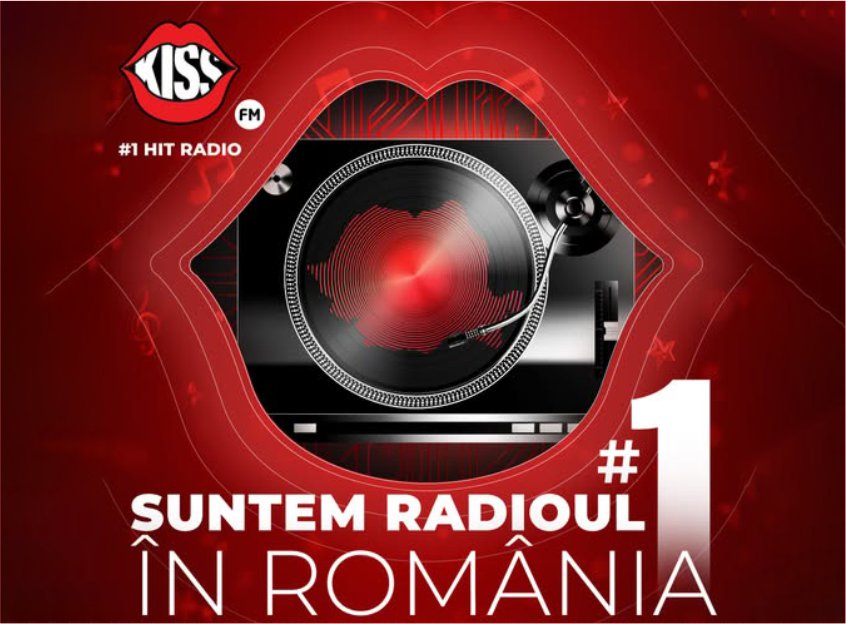



 Facebook
Facebook WhatsApp
WhatsApp TikTok
TikTok



